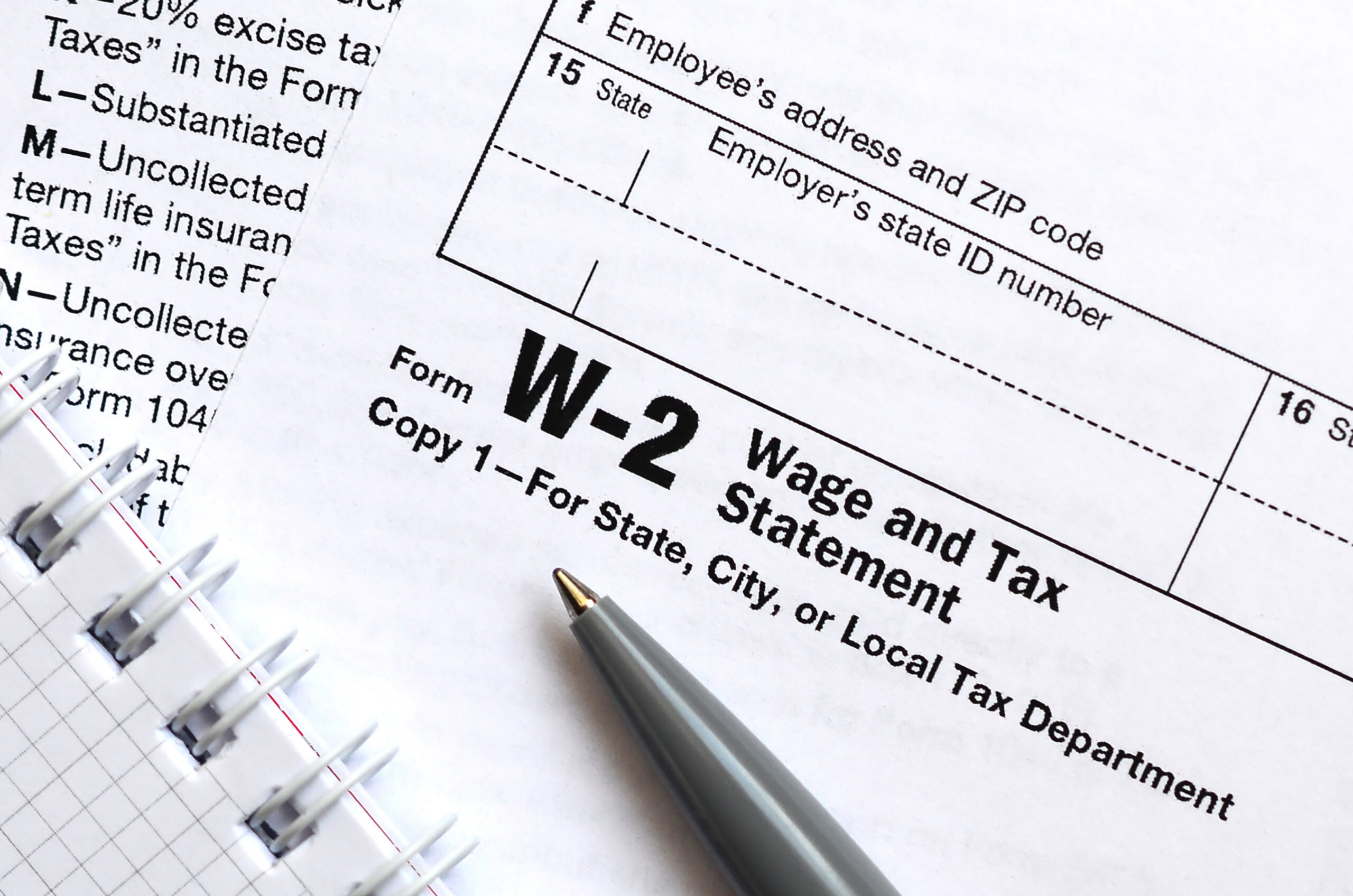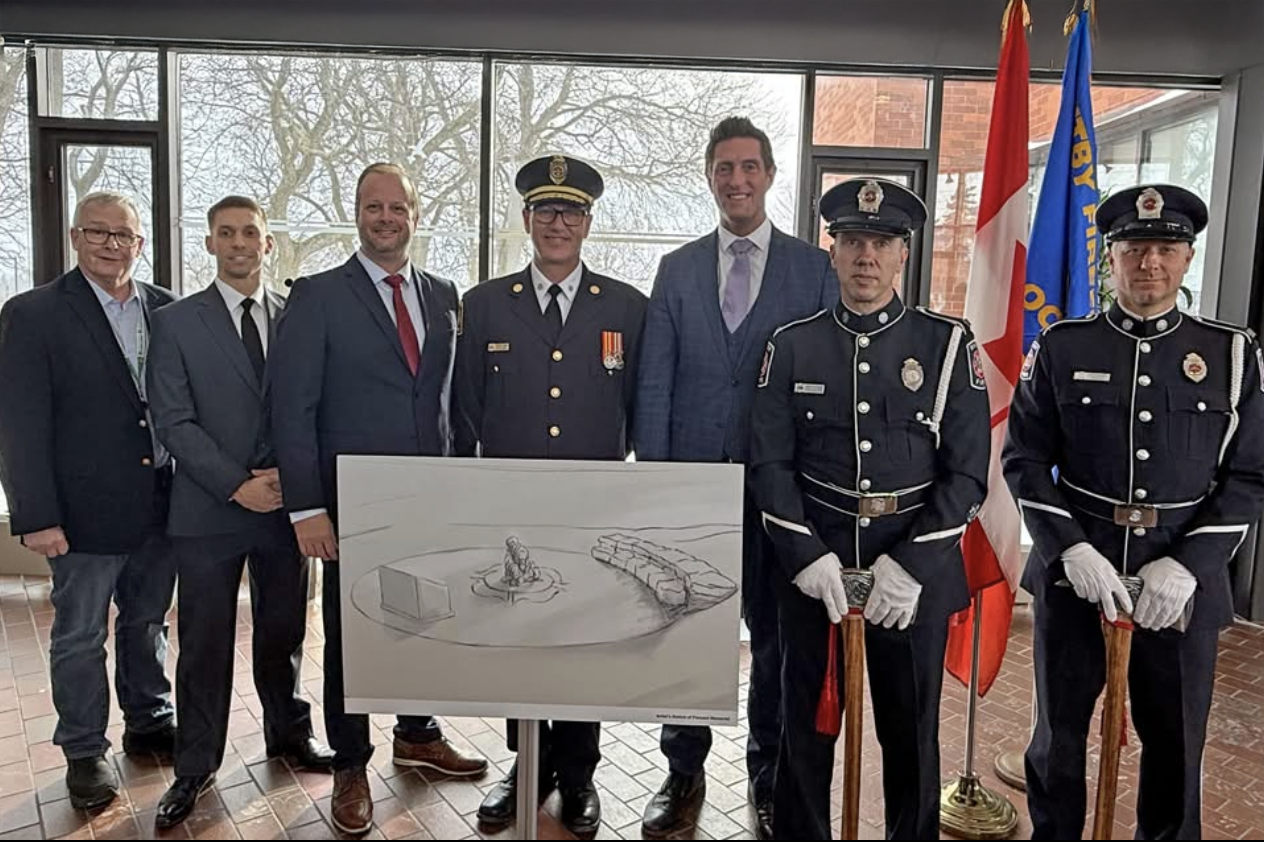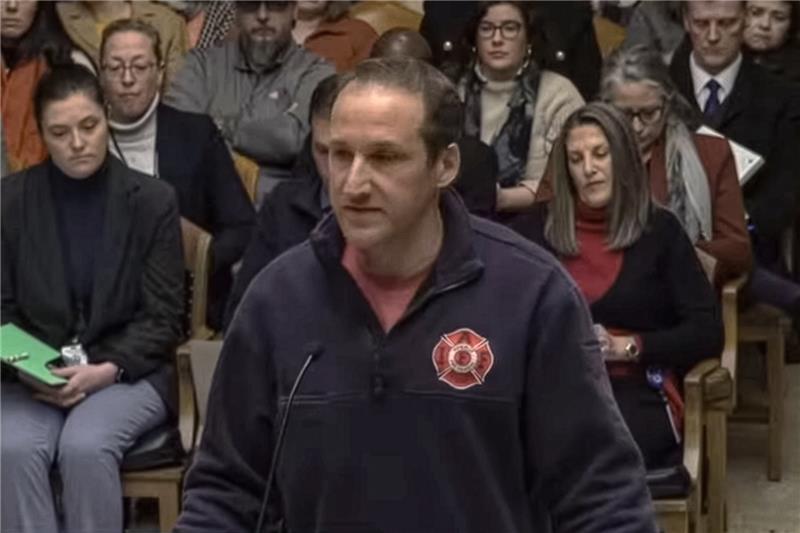You start your shift at 7 a.m.
You spend your day conducting training drills, taking care of your physical fitness, ensuring apparatus and equipment are ready to go, and responding to calls.
You get in bed at 10 p.m., just like at home. But you don’t fully fall asleep because you know that middle-of-the-night call is coming.
The IAFF’s white paper, “Shiftwork and Fire Fighters,” cites a survey that found 60% of fire fighters only get short bursts of sleep, or sleep fragmentation. And 40% said they often feel excessively fatigued.
In short, fire fighters have always been and still are sleep deprived. But there may be hope on the horizon.
Is sleep really that important?
“I underappreciated the importance of sleep until I really started digging into the research on it. Now, I can tell you that it is that important,” said Dr. Sara Jahnke, the director and a senior scientist with the Center for Fire, Rescue & EMS Health Research at the National Development & Research Institutes. “Shiftwork and getting less than six hours of sleep per night can increase your risk of a long list of health issues. And it can have a compound effect.”
I underappreciated the importance of sleep until I really started digging into the research on it. Now, I can tell you that it is that important. Shiftwork and getting less than six hours of sleep per night can increase your risk of a long list of health issues. And it can have a compound effect.
Dr. Sara Jahnke
Fatigue and an inability to perform job functions safely are the obvious pitfalls of not getting enough sleep. Chronic sleep deprivation can also impair cognitive abilities, weaken the immune system, and increase the risk of conditions such as Alzheimer’s, obesity, and cancer.
Matthew Walker, a professor of neuroscience at the University of California Berkley, is the author of “Why We Sleep,” widely considered to be the definitive resource on the importance of sleep and what happens when we don’t get enough.
In his book, Walker notes that cognitive function starts to deteriorate after a person has been awake for 16 hours. By 24 hours with no sleep, he says cognitive function mirrors someone who is intoxicated.
The negative impact is further intensified if the person has a sleep disorder.
Dr. Laura K. Barger, an associate physiologist at Brigham and Women’s Hospital who specializes in sleep, led a 2015 study published in the Journal of Clinical Sleep Medicine. The study examined the prevalence of sleep disorders in a national sampling of fire fighters. Nearly 40% of fire fighters surveyed suffered from at least one of the following sleep disorders: insomnia, work shift disorder, or sleep apnea.
“This is not to say that the fire fighter shift schedule is a trigger for sleep disorders, but disorders, especially if undiagnosed and untreated, could lead to increased fatigue, impaired ability to perform job functions, and disease,” Barger said.
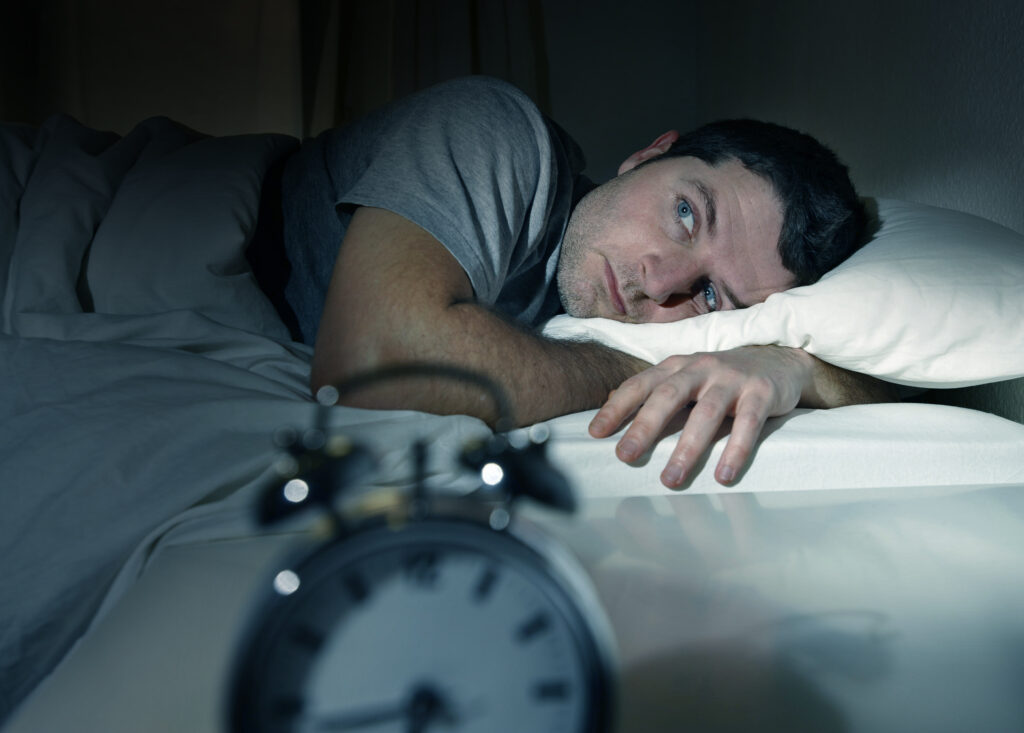

What can fire fighters do about that?
There is no simple answer. And that is because we still lack sufficient data. But not for long.
Several researchers and scientists are actively collecting and analyzing fire fighters and sleep data.
“We have some pieces of the answer, but we don’t have the whole thing,” Jahnke said. “Current data shows us that the more consistent you are with your sleep schedule, the better. And it shows us that it is important to pay special attention to resting between shifts. But the data does not consider a lot of the variables that come with firefighting. So that’s where we need to take a closer look.”
Jahnke and her team have developed a nationwide survey that seeks to do just that.
It includes questions about every aspect of a fire fighter’s day that impacts sleep quality and the impact that has on overall function. With this data, Jahnke hopes to be able to offer more targeted guidance to fire fighters looking to improve the quality of their sleep. Meanwhile, West Metro, CO Local 1309 member Mike Binney just completed a study on sleep as part of his graduate work at Yale University.
For the study, 197 West Metro fire fighters used Whoop smartwatches and questionnaires to track sleep and rest periods over a few weeks. Binney also took into account how various factors might affect sleep quality, including overnight calls, apparatus assignments, and length/timing of shift schedules.
“We hope to be able to use this data to develop interventions that will improve fire fighter health and operational performance,” Binney said. “What we did find was that apparatus assignments do matter. Sleep was interrupted the most for ambulance personnel and the least for fire truck companies. Call volume and length of each call were factors.”
We hope to be able to use this data to develop interventions that will improve fire fighter health and operational performance.
West Metro, CO Local 1309 member Mike Binney
This data came from a single department, so further research is needed. However, initial findings suggested shift start times affect sleep health.
West Metro starts its shift at 7 a.m. Many of the study participants went to bed too late the night before to get adequate sleep.
“The concept that warrants further study is changing shift start time to a later time to see whether that would encourage fire fighters to sleep more before coming in,” he said. “And that’s really the endgame, better-rested fire fighters.”
Inspired by the success of Binney’s research, Barger and Dr. Matthew Weaver with the Brigham and Women’s Hospital in Massachusetts are working to secure funding for a study that will follow Palm Beach County, FL Local 2928 members as they switch from a 24/48 shift to a 24/72 schedule.
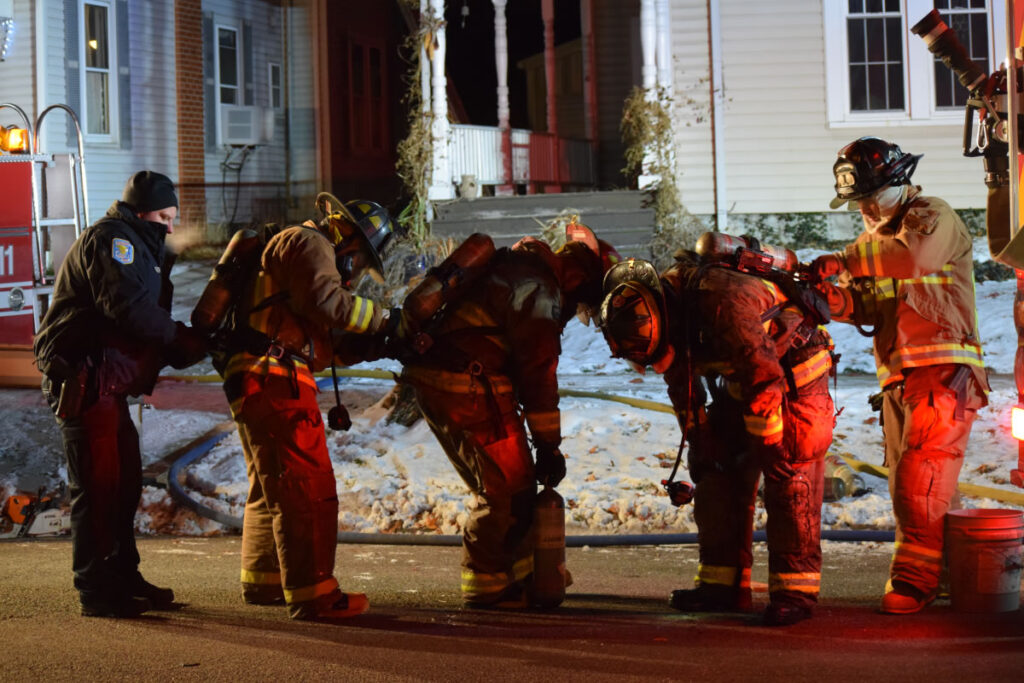

Palm Beach County Commissioners approved a new three-year contract last year that will result in the shift change and the hiring of 148 new fire fighters to accommodate the schedule. The new shift begins in January 2027.
“This is an incredible opportunity as there has not been a lot of comparison between the same fire fighters as they transition from one schedule to another, and how that impacts quality sleep,” Weaver said. “In this study, we will be able to get a good idea of the current patterns before we start collecting data on the new schedule to compare.”
Similar to Binney’s study, the researchers hope to use smartwatches to track sleep and rest periods. But the big difference will be that researchers will track them for 6-12 months prior to switching to the new schedule and then another 6-12 months after switching.
“We wanted to make the switch to offset the fatigue our members were feeling on the current schedule and to improve recruitment and retention,” said Local 2928 member Brad Lavar, who is serving as a liaison between Local 2928 and Barger and Weaver. “We are looking forward to working with the medical researchers out of Brigham and Women’s Hospital.”
Researchers hope to learn how the new schedule helps with sleep and identify areas that need improvement.
“We want to look at the health of the fire fighter as a whole,” Barger said. “As we monitor how much quality sleep they are getting, we will also be analyzing how they function on shift as well as off-shift by asking family members what they observe. It will be a comprehensive evaluation.”
What should fire fighters consider as they await further guidance?
- Strive to get at least six hours of sleep per night. Sleep experts say that is the minimum needed for basic-level functioning.
- Consider tactical napping. Jahnke says current data suggests that getting a 20-30 minute nap earlier in the day can help offset the sleep deprivation caused by overnight sleep interruptions due to emergency calls.
- Use good sleep hygiene to include consistent bedtimes (as much as possible), limiting caffeine and alcohol, and avoiding screen time before sleeping.
- Take the sleep survey developed by Jahnke and her team.

